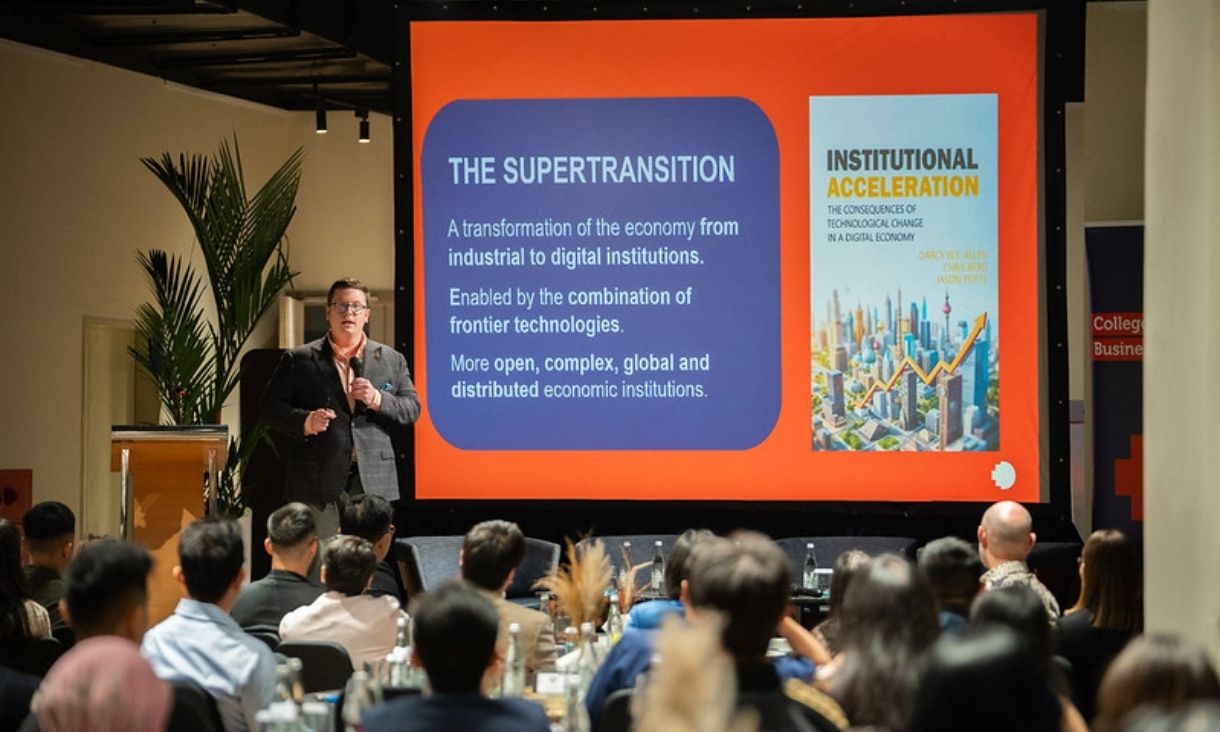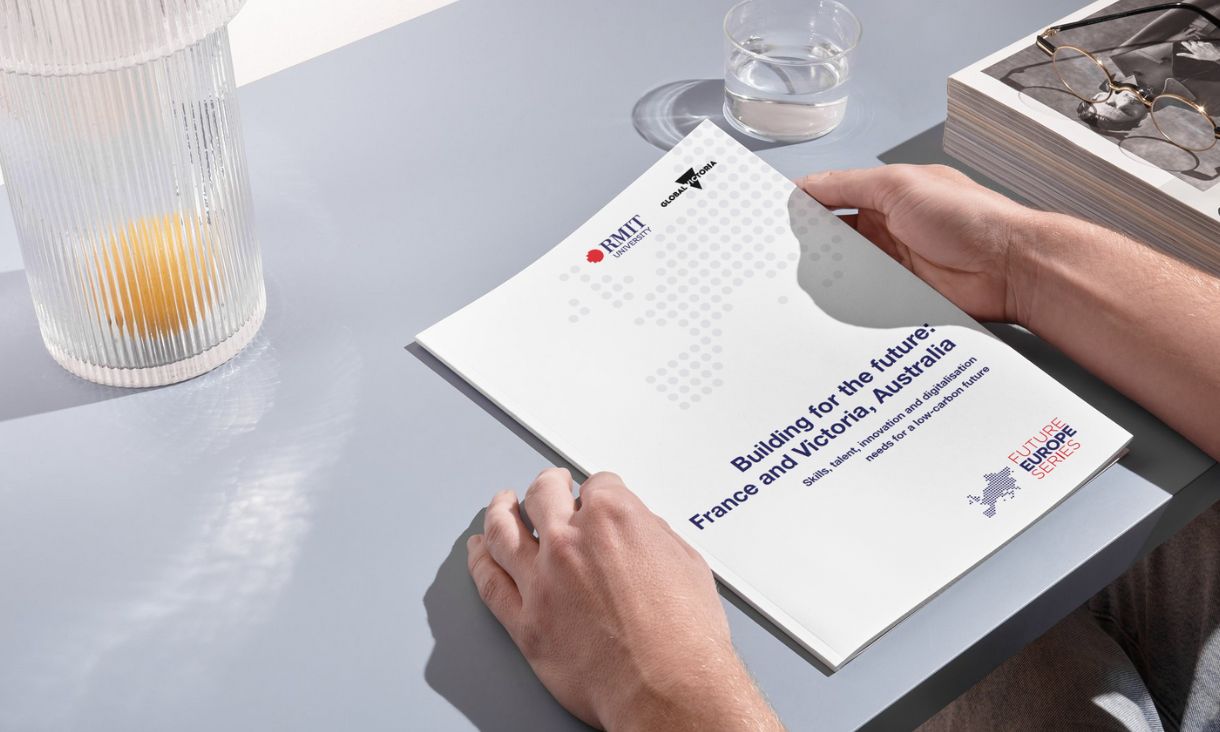Associate Professor Shelley Marshall (0425 709 914 or shelley.marshall@rmit.edu.au)
Topics: procurement, business ethics, working conditions, modern day slavery
“As the Australian government and garment brands who source from Myanmar consider their options in response to the military coup in Myanmar, they should consider the likely dire effects on Myanmar’s women.
“The garment industry is Myanmar’s biggest export earner, and the biggest employer of women.
“Our research into the impact of COVID-19, entailing interviews with garment workers in Myanmar in January 2021, has shown the calamitous effect of the pandemic on garment workers.
“Brands are likely to halt orders because of political risks relating to the military coup. We predict that broad sanctions, on top of that, would be catastrophic for women in the context of the pandemic.”
Associate Professor Shelley Marshall is the Director of the RMIT Business and Human Rights Centre (BHRIGHT) and author of the book, Living Wage.
Sara Todt (0455 424 880 or sara.todt@rmit.edu.au)
Topics: Myanmar, global garment production, gender relations
“The impact of broad sanctions on the garment industry in 2003 resulted in women turning to precarious work and sex work, with an increase in HIV in women and I fear the same will occur again.
“Interviews with garment workers in January 2021, conducted in partnership with Myanmar- based organisation Aung Myin Hmu, reveal how transformative employment in the garment industry has been for female interviewees.
“While wages are low, the work is a source of real empowerment. By living in dorms and scrimping, they are able to support their families, paying for the education of relatives. They work towards a future that they can shape themselves; to start a life in the city, to have career options or get an education in the future.
“Most of the women interviewed were the main income providers for their families. They have already felt the impact of factory closures and decreased demand due to COVID-19, before the pandemic they could survive reasonably well on their salary but now barely manage to do so.
“The military coup will likely end this period of economic and social empowerment for women workers, but they are not giving up without a fight. Many of the larger protests against the coup have taken place in the garment producing districts in Yangon with garment workers leading the protests.”
Sara Todt is a PhD candidate in the School of Management at RMIT University where she studies gender relations in the garment industry in Myanmar. Her research focus in on how employment in the garment industry shapes women workers’ lives and livelihoods.
***
For media enquiries, please contact RMIT Communications: 0439 704 077 or news@rmit.edu.au



